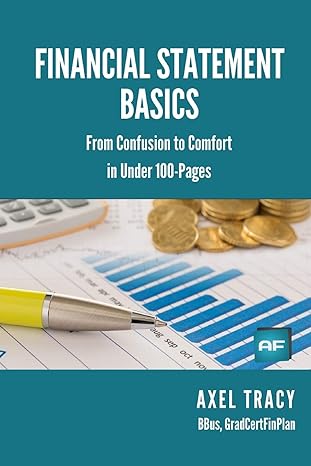Answered step by step
Verified Expert Solution
Question
1 Approved Answer
15. (**) Consider the following job information. Each job must proceed sequentially through the different work areas, and each area can work on only one
15. (**) Consider the following job information. Each job must proceed sequentially through the different work areas, and each area can work on only one job at a time. Sequence the jobs according to the (1) first-come, first-served rule, (2) earliest due date, and (3) critical ratio. Calculate the average lateness under each rule. Which rule performs best? Are any of the results completely satisfactory? What are the implications? Estimated Days Job Painting Assembly Packing Total Task Time Days Until Due A 1.5 2 0.5 B 0 15 3 1 8 16 3 2 0.5 5.5 8 < 397 /48 work areas, and each area can work on only one job at a time. Sequence the jobs according to the (1) first-come, first-served rule, (2) earliest due date, and (3) critical ratio. Calculate the average lateness under each rule. Which rule performs best? Are any of the results completely satisfactory? What are the implications? Estimated Days Job Painting Assembly Packing Total Task Time Days Until Due A 1.5 2 0.5 4 15 B 4 3 1 8 16 0 D 3 2 0.5 5.5 8 9 1 11 20
Step by Step Solution
There are 3 Steps involved in it
Step: 1

Get Instant Access to Expert-Tailored Solutions
See step-by-step solutions with expert insights and AI powered tools for academic success
Step: 2

Step: 3

Ace Your Homework with AI
Get the answers you need in no time with our AI-driven, step-by-step assistance
Get Started


